International Collaboration
The Material Cycles Division has been strengthening research partnerships with overseas governmental organizations, research institutions and universities since its establishment as the Waste Management Research Division of NIES in 2001.
Through conclusion of Memorandum of Understanding (MOU) with various institutions, the Division has constantly expanded research fields and target regions. The Division's research network continues to grow through implementation of various programs/projects collaboratively with these institutions. The Division's collaborative work includes joint research activities, policy advisories and capacity building activities such as training workshops and seminars.
The Division also receives researchers and visitors from abroad. The number of visitors to the Division exceeds 100 a year. Our researchers welcome you and provide you with needed information and their insights in their respective research fields.
The Collaboration Research Laboratory in Thailand, launched in 2012, has also catalyzed our policy and research collaboration with various institutions in Southeast Asian countries. Transfer of appropriate technologies and suitable systems on waste management to/in the region have been facilitated through the implementation of joint projects on solid waste and wastewater management.

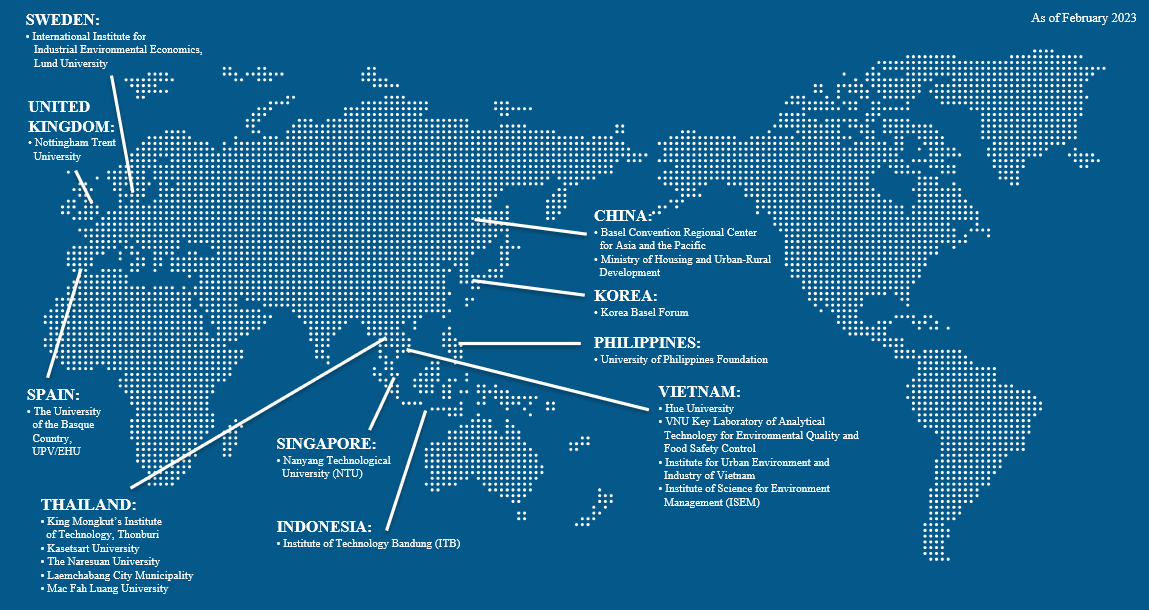
* The above information includes the past MOUs.
International Activities
Objectives:
Establishment of regional network for standardization and application of system and technology
- Enrichment of waste management tools and data
- Capacity development
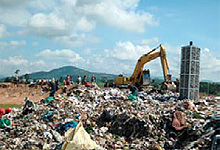
- Development of Semi-Aerobic landfill technology
- In order to examine the possible installation of Semi-Aerobic landfill in the condition of Southeast Asia, we have launched the pilot landfill cell in Leam Chabang, Thailand. For the purpose of technology transfer and knowledge sharing, the investigation is implemented based on the MOU with Kasetsart University, King Mongkut' s Institute of Technology and Leamchabang city in Thailand.
- Contact: Dr. Masato Yamada
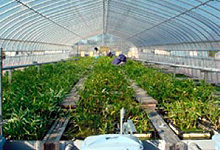
- Development of resource recycling and appropriate treatment systems for liquid wastes
- To propose an efficient and effective co-benefit technology for the treatment of liquid wastes in developing countries, we are conducting the research on the functions of small-scale decentralized wastewater treatment systems-including wetlands, johkasou, and aquatic plant and soil treatment systems suitable for rural areas.
- Contact: Dr. Yoshitaka Ebie
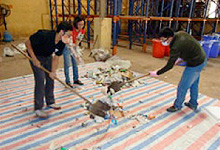
- Development of tools to assist the planning of waste management systems
- In order to plan and evaluate the waste management system established by national/local government, appropriate model of planning and evaluation will be an output of this project. For developing countries, Not only formal sector but informal sector should be taken into consideration in terms of waste management. Main field of research is Hanoi city in Vietnam and other medium-small sized cities in the country.
- Contact: Dr. Kosuke Kawai
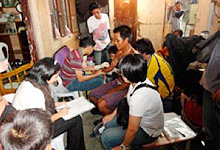
- Appropriate management of international material cycles with hazardous and resource potential
- International and domestic material flow of E-waste and other recyclable resources is surveyed in Asia. Environmental effect by E-waste recycling is investigated throughout field survey and experimental analysis. In order to reduce hazardous potential and achieve e.ective resource recovery, we explore the environmentally-sound management of E-waste (and others) in Asia.
-
- Contact: Dr. Atsushi Terazono
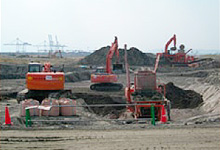
- Development of Environmentally Sound Quality Control Method of Recycling Materials in Construction Toward East Asian Standard
- Regulatory system and current status of the recycling of by-products and solid wastes in construction are investigated especially from the aspect of environmental safety. Toward East Asian standard, a basic concept and framework for the assurance of environmental safety quality as well as test methods are proposed by NIES and are discussed with Chinese, Korean, and Taiwanese research institutes.
- Contact: Dr. Hirofumi Sakanakura
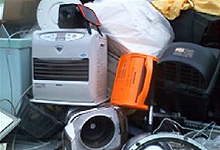
- Environmental Product Policy and Extended Producer Responsibility (EPR)
- Environmental product policy aims to optimize environmental performances of a product system from production to waste disposal. In collaboration with cooperataive researchers, we investigate and evaluate policy instruments such as product standards, environmental labeling, and rewards point systems. As a guiding principle, EPR, especially those built in Japanese recycling laws, has also been studied.
- Contact: Dr. Tomohiro Tasaki


